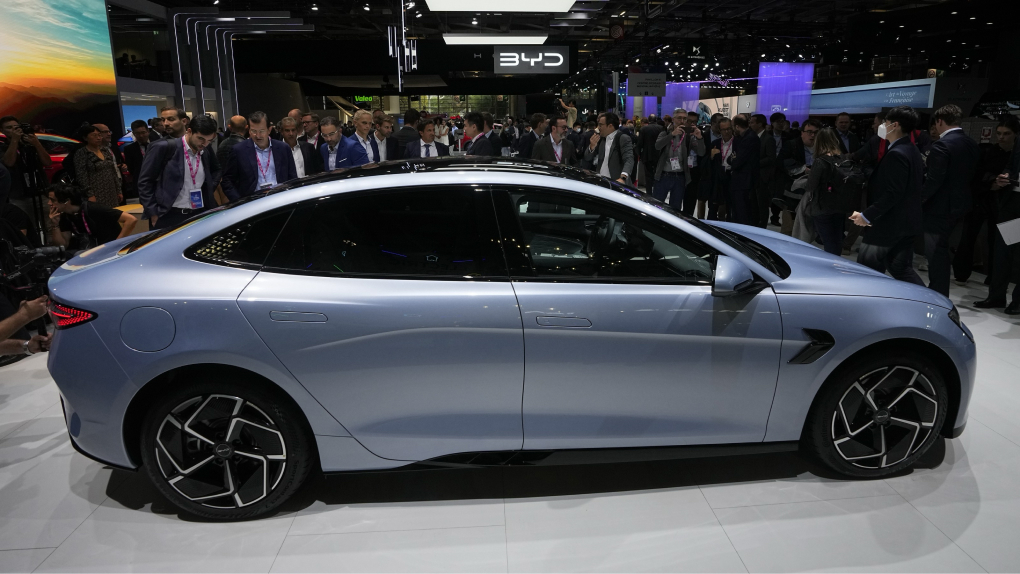EU Imposes Controversial Tariffs on Chinese-Built Electric Vehicles

EU Imposes Controversial Tariffs on Chinese-Built Electric Vehicles
In response to perceived unfair subsidies, the European Union has implemented additional tariffs of up to 38% on electric vehicles (EVs) manufactured in China. These tariffs, effective from 1 July 2024, are supplementary to the existing 10% duty on Chinese-built cars, potentially leading to higher prices for these EVs within the EU market.
Impacted Models and Manufacturers
The increased tariffs affect not only Chinese-branded EVs but also models produced in China by other manufacturers. Notable examples include:
- Dacia Spring
- Polestar 2
- BMW iX3
- Tesla Model Y
SAIC Motor, the parent company of MG, faces the steepest additional tariff of 37.6%, resulting in a combined duty of nearly 48% on its vehicles. This significant rate is attributed to SAIC's non-cooperation during the EU's preliminary investigation. Other non-cooperative Chinese car producers are subjected to the same 37.6% tariff, while those that cooperated face a lower additional tariff of 20.8%. Specifically, Geely, the owner of Volvo and Polestar, is assigned a 19.9% tariff, and BYD faces a 17.4% tariff.
Implications for the UK
The United Kingdom has chosen not to mirror the EU's approach. Trade Secretary Jonathan Reynolds indicated that the UK will remain vigilant but has no immediate plans to impose similar tariffs on Chinese EVs. He emphasized the importance of making decisions that align with the interests of the UK's export-oriented automotive industry.
Financial Impact of the Tariffs
Contrary to some claims, the tariffs are applied to the wholesale price of vehicles, not the retail price. For instance, on a vehicle retailing at £40,000, the wholesale price might be less than half. Therefore, a 38% tariff would be calculated on this lower amount, potentially allowing importers to absorb some costs to maintain competitive pricing.
Future Developments
The provisional tariffs are set for four months, with a definitive vote scheduled for November to determine their permanence. If approved, these duties could remain in effect for up to five years. To mitigate the impact, some manufacturers are considering relocating production to Europe. Volvo plans to produce the EX30 electric SUV in Belgium from 2025, and BMW intends to manufacture the Mini Cooper Electric at its Oxford plant starting in 2026. Additionally, Chinese automaker BYD has announced a new factory in Hungary, expected to open in late 2025.